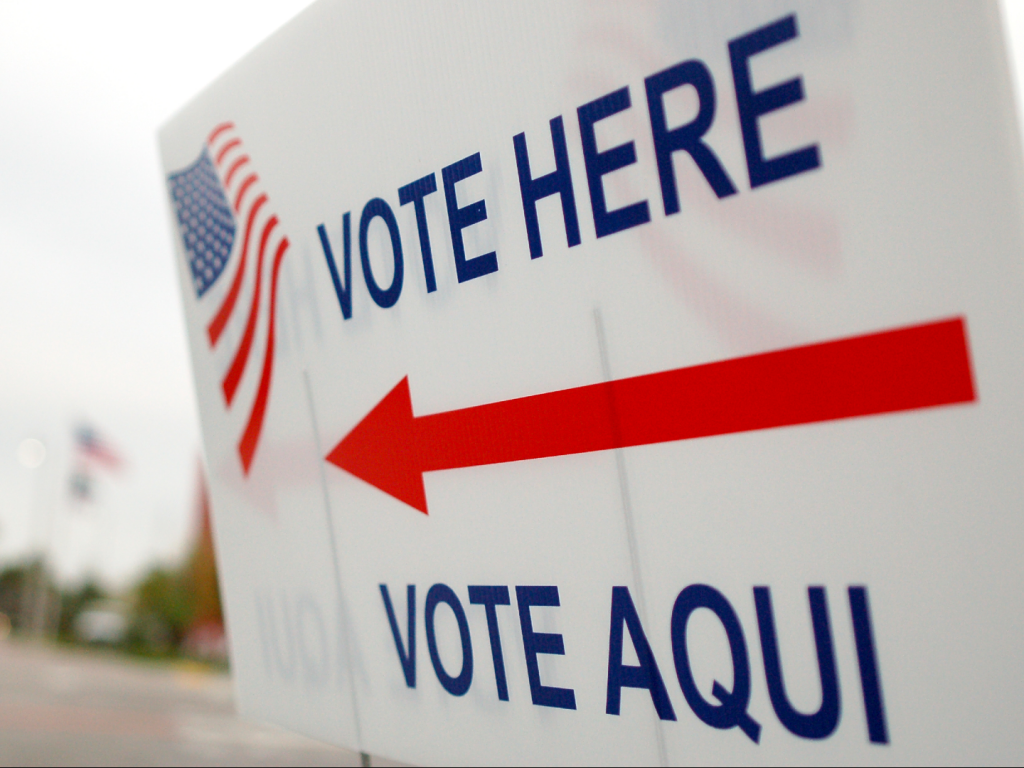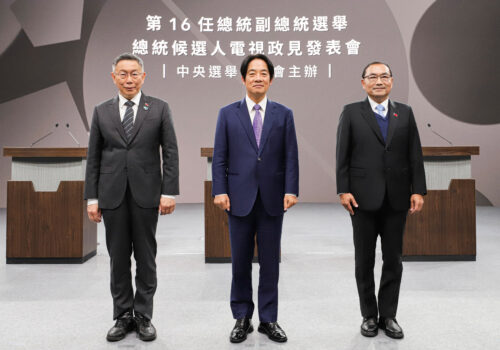The Financial Times calls 2024 “the most intense and cacophonous 12 months of democracy the world has seen since the idea was minted more than 2,500 years ago.” Foreign Policy says the coming year “will see a global battle between democracy and autocracy play out literally, at the polls.”
That might sound hyperbolic. What’s undeniable is that the world will see more significant elections, embracing more democratic countries in the world, than I can ever remember. It’s also happening at a time when democracies have been on the defensive and autocracies (China, Russia, and Iran, to name three) have been acting more boldly.
Some two billion people will vote in 2024; that’s about half the world’s adult population, representing more than 60 percent of global gross domestic product, by Bank of America calculations. The FT reports that seventy countries will be holding elections, including eight of the world’s ten most populous countries.
That might sound like reason for celebration, underscoring the enduring attraction of democracy. Instead, it is more a time of peril, when democracies need to find ways to counteract a recession in democratic rights and freedoms that has been under way globally since 2006, according to Freedom House. This also comes at a time when innovative technologies like artificial intelligence can provide even more effective tools for surveillance and control.
Writes the FT’s Alec Russell in a compelling read on what lies ahead: “These elections take place against a backdrop of spreading illiberalism around the world, the weakening of independent institutions in a number of big democracies, and a creeping disillusionment among younger people about the very point of elections.”
There is no easy fix. The challenges democracies face are as diverse as the countries themselves. However, a good start would be to address the partisanship, hypocrisy, and ineffectiveness that turn off voters and erode institutional effectiveness.
Amid all the world’s voting in 2024, it will be the perceived health of US democracy that will be most decisive for the global democratic order. This year the world will ask, is the United States offering a model to emulate or to avoid?
Frederick Kempe is president and chief executive officer of the Atlantic Council. You can follow him on Twitter @FredKempe.
This edition is part of Frederick Kempe’s Inflection Points Today newsletter, a column of quick-hit insights on a world in transition. To receive this newsletter throughout the week, sign up here.
Further reading
Thu, Jan 4, 2024
Here’s how Hezbollah will likely respond to Israel’s assassination of Saleh Al-Arouri
MENASource By
What Hezbollah has not been seeking is opening a full-scale war with Israel. However, Hezbollah has other indirect options that it may activate.
Wed, Jan 3, 2024
Why Beijing’s latest pre-election attempt to coerce Taiwanese voters could backfire
New Atlanticist By Lev Nachman, Wen-Ti Sung
China recently said that it would end preferential tariff terms for some Taiwanese chemical exports. But the move may drive some Taiwanese voters away from the direction Beijing wants.
Thu, Jan 4, 2024
With Russia focused on Ukraine, Georgia should forge ahead boldly with its Euro-Atlantic ambitions
New Atlanticist By
Georgian officials should recognize the present opportunity to advance stronger ties with Europe and the United States, especially ahead of Georgian elections this year.



